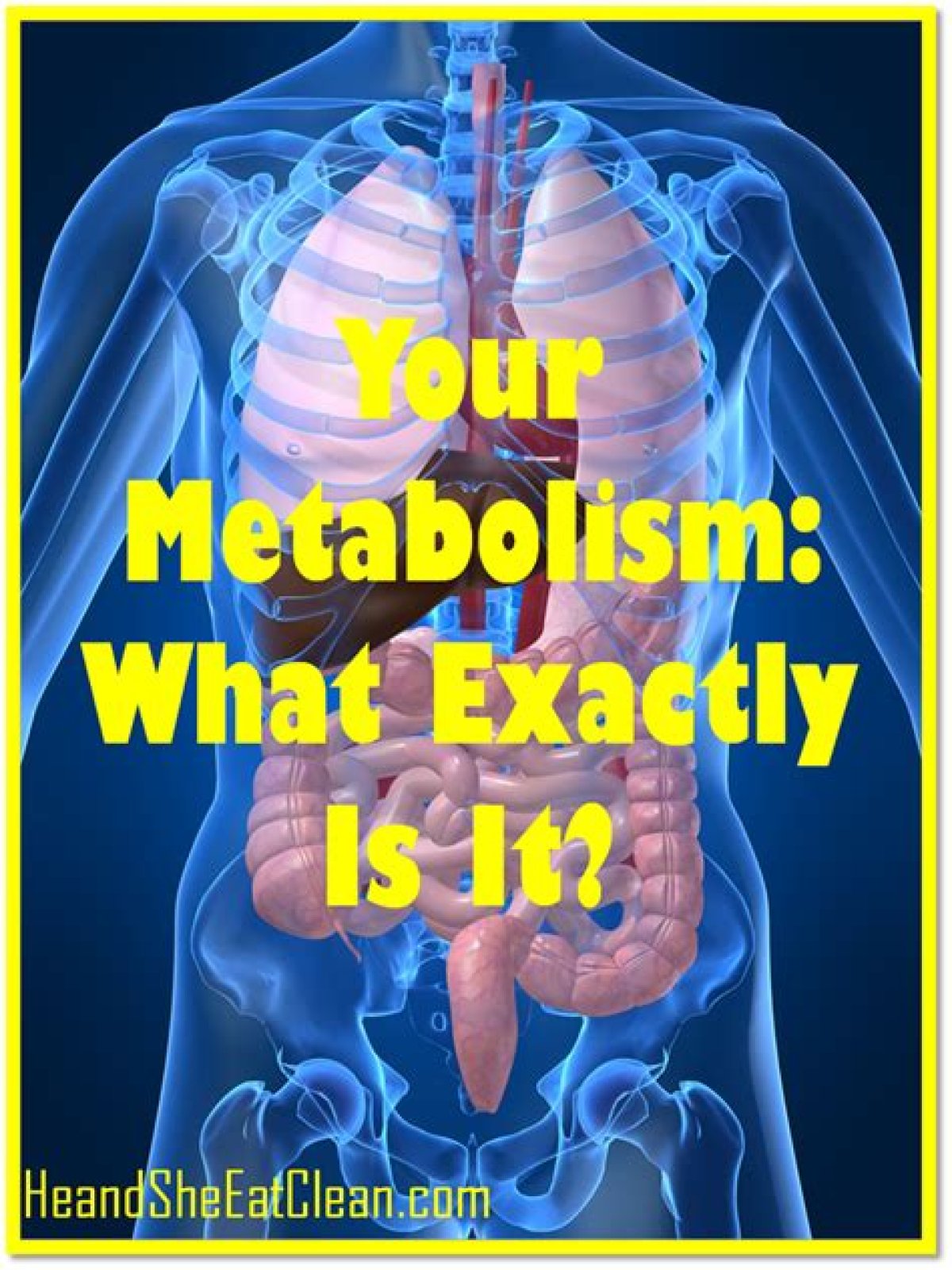Similarly one may ask, what is metabolism and how does it work?
Metabolism: Converting food into energy Metabolism is the process by which your body converts what you eat and drink into energy. During this complex biochemical process, calories in food and beverages are combined with oxygen to release the energy your body needs to function.
Also Know, what are the 3 types of metabolism? Wolcott provides three general metabolic types:
- Protein types: Protein types are fast oxidizers or parasympathetic dominant.
- Carbo types: Carbo types are slow oxidizers or sympathetic dominant.
- Mixed types: Mixed types are neither fast or slow oxidizers and are neither parasympathetic or sympathetic dominant.
Secondly, what exactly is a fast metabolism?
If your metabolism is "high" (or fast), you will burn more calories at rest and during activity. A high metabolism means you'll need to take in more calories to maintain your weight. That's one reason why some people can eat more than others without gaining weight.
What does metabolism mean in health?
Metabolism: The whole range of biochemical processes that occur within a living organism. Metabolism consists of anabolism (the buildup of substances) and catabolism (the breakdown of substances). The term metabolism is commonly used to refer specifically to the breakdown of food and its transformation into energy.
What causes slow metabolism?
- Eating too few calories. Eating too few calories can cause a major decrease in metabolism.
- Skimping on protein.
- Leading a sedentary lifestyle.
- Not getting enough high-quality sleep.
- Drinking sugary beverages.
- A lack of strength training.
Is high metabolism good?
How do I know what my metabolism is?
- Men: BMR = 88.362 + (13.397 x weight in kg) + (4.799 x height in cm) - (5.677 x age in years)
- Women: BMR = 447.593 + (9.247 x weight in kg) + (3.098 x height in cm) - (4.330 x age in years)
What happens if I burn all the calories I eat?
Can you reset your metabolism?
What is slow metabolism symptoms?
- Unexplained Weight Gain.
- Chronic Fatigue.
- Dry Skin/Brittle Nail/Hair Fall.
- Constant Headache.
- Depression.
- Sugar Cravings.
- Constipation.
How do you fix a slow metabolism?
Is there a pill to increase metabolism?
Is pooping a lot a sign of fast metabolism?
Is hunger a sign of increased metabolism?
Why is my body so skinny?
How do you gain weight if you have a fast metabolism?
- Don't drink water before meals. This can fill your stomach and make it harder to get in enough calories.
- Eat more often.
- Drink milk.
- Try weight gainer shakes.
- Use bigger plates.
- Add cream to your coffee.
- Take creatine.
- Get quality sleep.
Is fast metabolism bad?
What should I eat to increase my metabolism?
- Protein-Rich Foods. Protein-rich foods, such as meat, fish, eggs, dairy, legumes, nuts and seeds, could help increase your metabolism for a few hours.
- Iron, Zinc and Selenium-Rich Foods.
- Chili Peppers.
- Coffee.
- Tea.
- Legumes and Pulses.
- Metabolism-Boosting Spices.
- Cacao.
Why can't I gain weight?
How should I eat for my body type?
What are good carbs?
- Vegetables: All of them.
- Whole fruits: Apples, bananas, strawberries, etc.
- Legumes: Lentils, kidney beans, peas, etc.
- Nuts: Almonds, walnuts, hazelnuts, macadamia nuts, peanuts, etc.
- Seeds: Chia seeds, pumpkin seeds.
- Whole grains: Choose grains that are truly whole, as in pure oats, quinoa, brown rice, etc.
